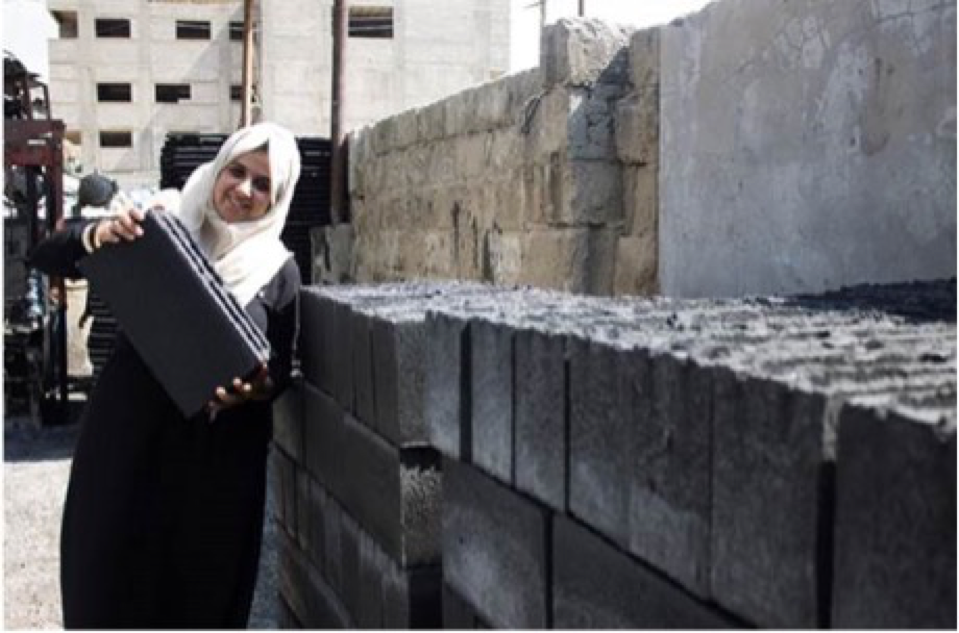Unsettling Startup Ecosystems: Geographies, Mobilities, and Transnational Practices in the Palestinian and Israeli Startup Ecosystems

This transnational project, conducted by Dr. Steven Fraiberg (MSU), Arees Bishara (Tel Aviv University), and Aseel Khatib (Independent Scholar), focuses on Palestinian entrepreneurs in an emerging high-tech ecosystem located in the occupied Palestinian territory. This area consists of the West Bank and Gaza Strip with approximately 4.5 million Palestinians. Despite or perhaps in response to the current political situation, there is a move by the local population to reach a global marketplace that extends beyond the area’s deeply contested borders. Core to these efforts is the development of a startup ecosystem comprising a growing list of venture capitalists, incubators, accelerators, coworking spaces, and meetups. Despite this emerging infrastructure, the industry is still seeking its first major exit or success story. Moreover, the dream of startup success is linked to a wider national narrative and the struggle for Palestinian statehood, liberation, and independence. This study looks more closely at this state of affairs and ways these issues are deeply entangled.
To capture the complexity of the issues, this project traces the trajectories of Palestinian entrepreneurs living in a region that has been fragmented and balkanized by series of checkpoints, policies, other structures that sharply restrict mobility. This study is intended to trace how Palestinian entrepreneurs negotiate these contested spaces. Notably, a contingent of these startup entrepreneurs is further connected to the Israeli startup ecosystem (e.g., outsourcing), which is one of the largest innovation systems in the world. This project maps the historical and political forces shaping this networked interplay.
A transnational and multilingual team has been assembled to accomplish these aims. This collaborative approach is grounded in the notion that it takes a village to study a village—or ecological system—with each perspective and background allowing for a broader, richer, and more complex mapping.